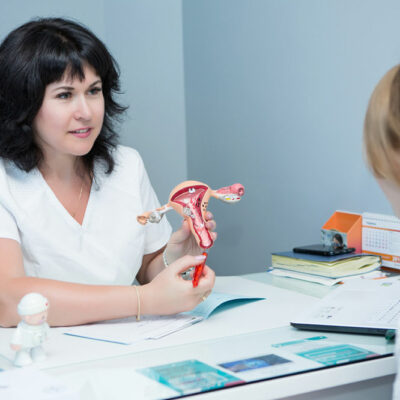
health
6 urinating mistakes to avoid for a healthy bladder
Looking for “ways to live a healthy lifestyle” is among the most common online searches today. And yet a topic rarely spoken of is bladder health. The organ is responsible for storing urine and flushing it out of the body several times each day. However, several factors, like age and urinating habits, among others, may affect bladder health. Although one cannot control all factors, there are some common mistakes one can avoid to keep the bladder healthy. Holding it in for long periods Holding in urine for extended periods is sometimes unavoidable, especially if one is at the movies, a concert, or during long car rides. However, making it a habit for much longer than needed could trigger other problems, including urinary infections. A full bladder is susceptible to bacterial infections, so one shouldn’t hold it in for too long. Pressurizing muscles when urinating An individual who applies pressure on the muscles around their bladder while urinating may suffer from adverse effects such as cloudy or bloody urine, pain around the pelvis, and the need to pass urine more often. It is imperative for men and women to be in a relaxed position while urinating. Not emptying the bladder Many people tend to urinate in a rush.
Read More 









